Engaging brands in action: Is Ikea leading the way?
Dalziel & Pow's very own David Wright takes a look at the brands that are leading the way in terms of engagement; Ikea being one.

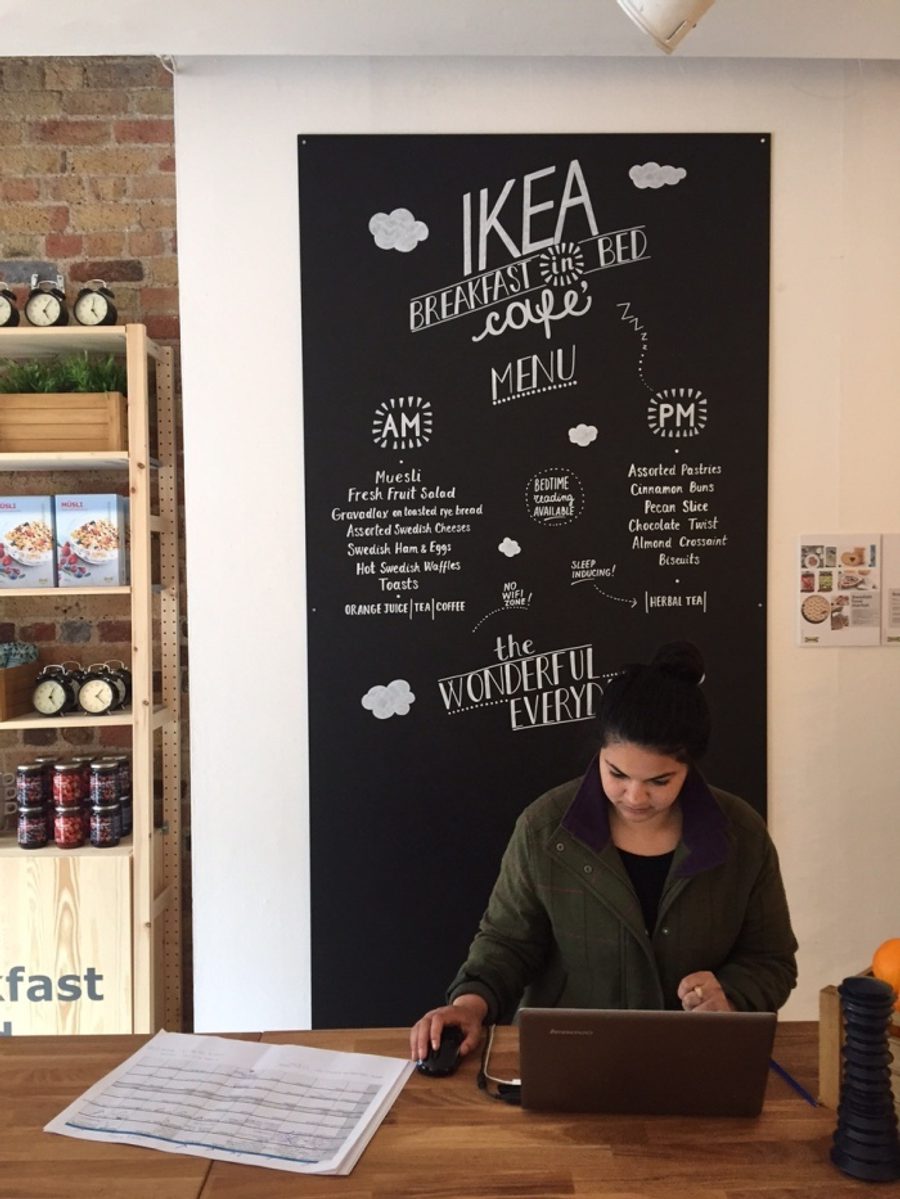
Dalziel & Pow's very own David Wright takes a look at the brands that are leading the way in terms of engagement; Ikea being one.


Striking more human connections with consumers and branching into new categories or formats were some of the ideas we discussed in our Engaging Brands series – and we’ve seen one brand that’s really embracing this. Step up, Ikea.

An innovation lab, city-centre studio, a dinner club, even a hotel… the Swedish retail giant has been busy diversifying its offer in a bid to “get closer to customers”. While these innovative pop-ups and new concepts have gained many column inches, it’s about more than simple publicity; by enabling consumers to interact with the brand outside their usual experience, in real-world contexts, Ikea is creating powerful and engaging experiences. The retailer is communicating its core values around utilitarian design, ethical products, accessibility and people coming together in welcoming spaces. What’s more, the ideas cleverly respond to very real needs of millennials and Gen Z – for example, financial, spatial and ‘downtime’ constraints, and a desire to express their creativity and individuality.
So, here are a few of the things Ikea has been up to over the last 12 months…
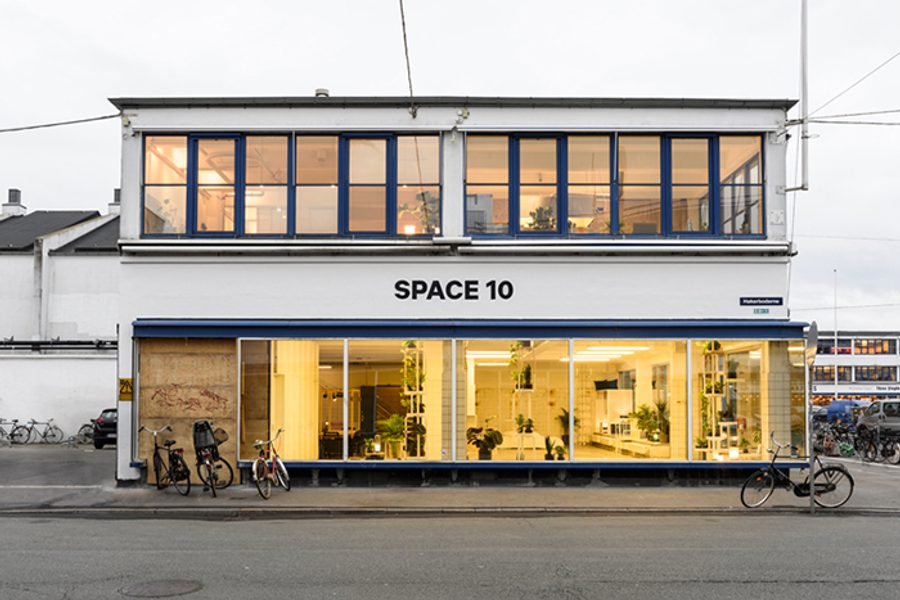
This venue in Copenhagen’s trendy Meatpacking district is not your typical store; it’s an innovation lab where the brand intends to cook up ‘the next big thing’. A stream of professors, students, designers, artists and producers are invited in to brainstorm fresh ideas around modern living, participate in workshops or exhibitions, and create prototypes. For instance, a group from Copenhagen Institute of Interactive Design devised a tabletop that converts heat from drinks or computers into energy for recharging devices. As well as potentially inspiring commercial products, the ‘blue sky’ nature of Space 10 helps Ikea portray itself as a visionary investor in new concepts and talent, rather than simply a brand for mass-produced goods – valuable currency among a younger generation of creative consumers.
Housed in an old tile factory in Shoreditch, this dining pop-up invited Londoners to host their own dinner parties for up to 19 people. Customers booked a three-hour slot to cook a range of Scandinavian-inspired dishes under the guidance of a resident chef, before sitting down at the table to eat. The concept was sparked by findings that a third of Britons (from a survey of 2,000) feel they do not have the time or space to host a dinner party.

Along with inspiring consumers as to the joys of hosting and dining together, the Dining Club allowed Ikea to spotlight a lesser-known aspect of its offer: sustainable, organic food produce. And of course the fully kitted-out kitchen showcased Ikea appliances and utensils, giving visitors a hands-on experience of a fantasy domestic space. There was also a virtual reality feature that let people view a kitchen and food from a child’s perspective, a café decked out in Ikea products, and a marketplace stocked with more products and the aforementioned food range. You can read about our visit earlier this month.

The concept illustrates many of the ideas in Engaging Brands: Time Well Spent, namely the need for brands to be great hosts, offering up expertise and edutainment to create meaningful shared dialogues with time-strapped, experience-hungry consumers.
Ikea has begun trialing a series of downsized stores, in locations such as Westfield Stratford City and Norwich. Retail’s wider move away from ‘one-size-fits-all’ to more tailored or capsule formats is another trend highlighted in Engaging Brands: Brands Behaving Differently, and clearly Ikea is responding to the modern demand for multichannel convenience.

These scaled-down “order and collect” units are designed to act as “planning studios” where shoppers can get advice from Ikea co-workers on their home projects, gain inspiration from popular room sets and view sample products. They carry only a small selection of “market hall” items to buy and take home on the spot, but orders from the store’s online range can be placed for home delivery or collection from the store.
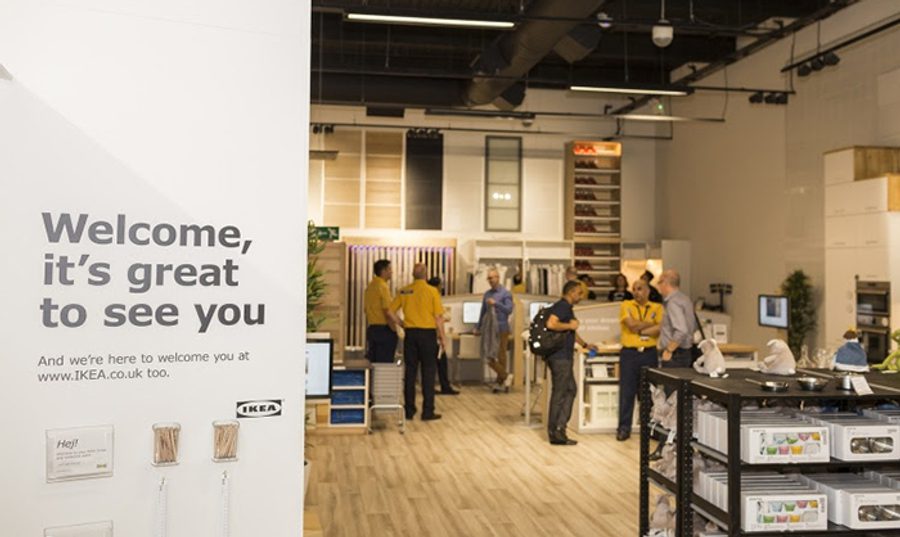
Ikea is experimenting with varying sizes and offers in different cities, but typically these small-format hubs are a tenth of the size of a traditional big-box Ikea. A Swedish café, food market and free Wi-Fi add further value to the stores, encouraging consumers to pop in and dwell during their shopping trips.
In summer 2015, Ikea ran a ‘Breakfast in Bed’ pop-up, inviting consumers to climb under its duvets, tuck into a traditional Swedish breakfast and take a nap. Now it’s gone a step further in its hospitality ambitions, by opening a real boutique hotel in Sweden.
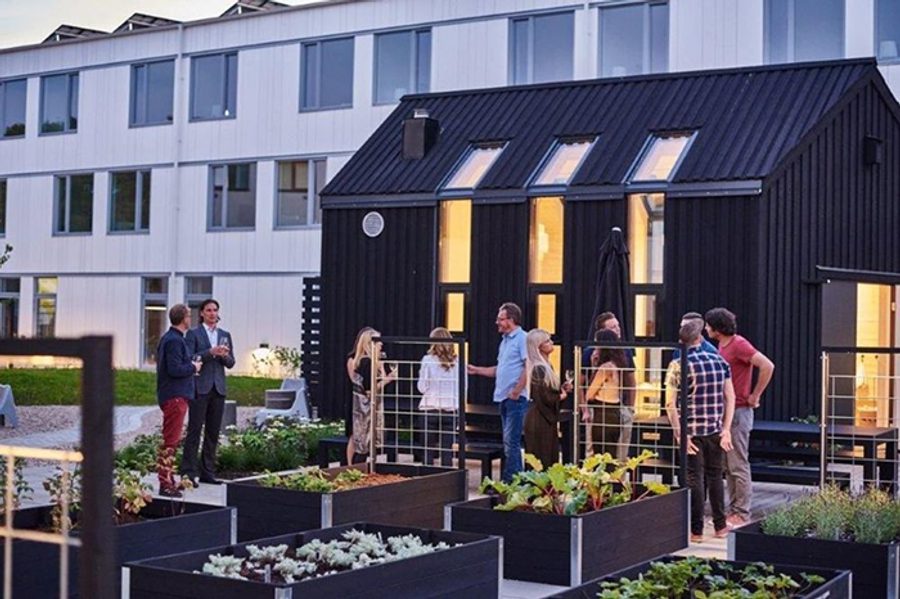
The 254-room, certified sustainable hotel is located in Almhult, where the brand originated, and is fully furnished with Ikea products. In doing so, it amplifies the traditional idea of the ‘room set’ into a fully immersive brand retreat – a strategy we explored in Engaging Brands: Brand Behaving Differently. Complete with a sauna, gym, garden, laundry room, lounge and bar, the flexible and convivial spaces form a sort of modern lifestyle utopia, a powerful calling card for Ikea products. Its ‘cabin’ rooms of 4sqm show how its products are fit for small urban apartments. It also makes overtures to business customers, featuring four conference rooms decked out with flexible modular furniture, and suggesting work events take place in its gardens or dining room. Accessibility is a key value in all Ikea’s recent schemes, so accordingly the hotel rooms start from as little as £48 per night.
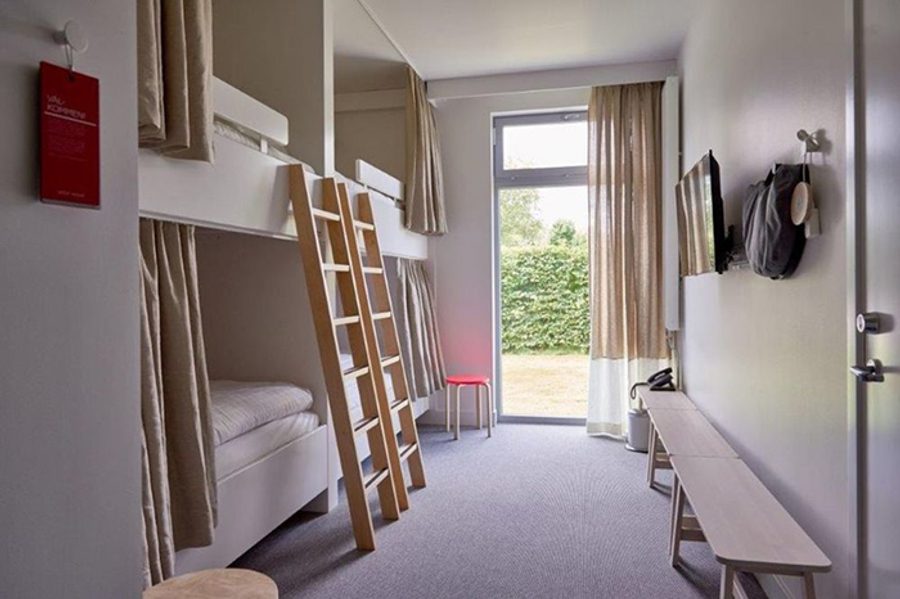
With this move into hotels, Ikea joins a growing number of brands vying for the lucrative travel sector. US homeware retailer West Elm is partnering with hospitality company DDK to create a chain of boutique hotels, the first of which will open in Detroit in late 2018. Guests will be able to buy the room furniture and other decor online, each hotel uniquely decked out by managers as if they’re independent shops. The chain’s president Jim Brett believes boutique hotels now present a better way to expand than further retail outlets, commenting: “Where many retail brands have put the nail in their coffins is by opening too many stores.” Along with items from local craftspeople, West Elm will custom design room furnishings pieces for the hotels, bathroom tiles and bedding to a signature scent.
Similarly, US brand Shinola is to open a hotel in Detroit’s rapidly gentrifying Downtown district in 2018, taking over a disused wig shop, and Restoration Hardware Holdings is bringing its version to New York City. And these examples follow the branded hotels already in operation by sneaker company Camper (Barcelona and Berlin) and Laura Ashley (the Lake District, UK).
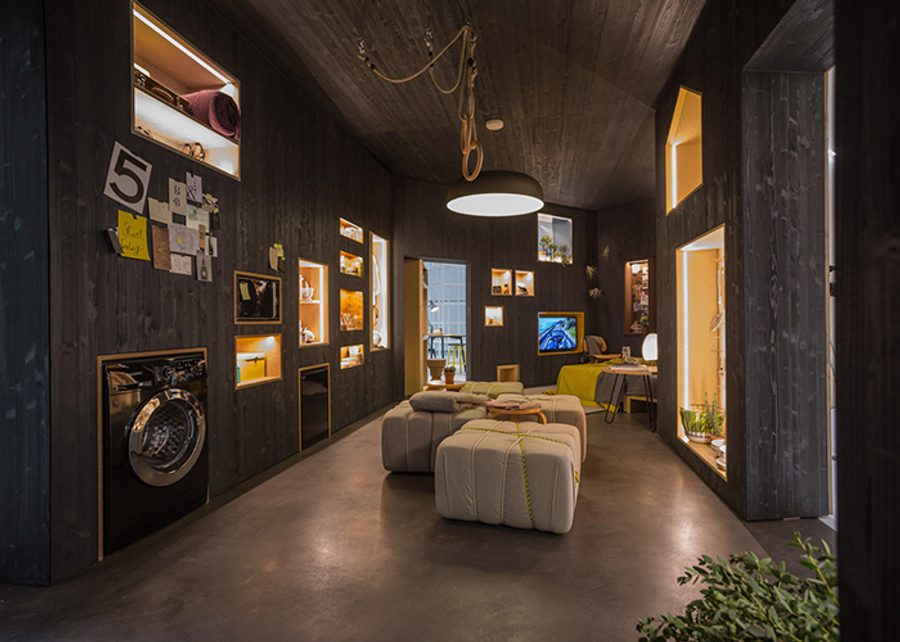
Brand diversification isn’t just about hotels, of course; car brand MINI has decided to take up the challenge of shared urban living, identifying a synergy between its own brand values (urban compact cars synonymous with design ingenuity) and the very real social issue of an affordable housing shortage. At Milan 2016, it installed a 30sqm apartment that could form part of a “micro-neighbourhood” of living spaces. Fold-out shelving modules, acting as walls, concealed everything from a kitchenette to a music system. “The core competency of MINI is design,” said Esther Bahne, head of brand strategy and business innovation. “MINI is a design brand so first of all we are applying this to other fields of living. It’s what we did with the car in 1959 [when the first MINI launched] with creative use of space, finding a way of getting everything on a small footprint but still offering a great experience.”
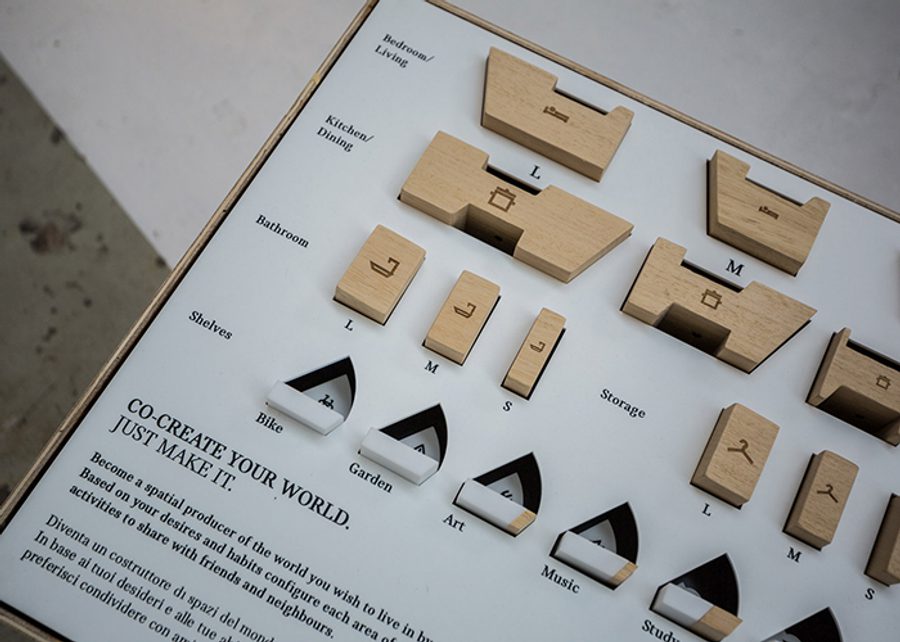
Ikea is in good company, then, and helping push the boundaries of how a ‘traditional retail brand’ engages with customers. These initiatives enhance the brand’s connection, relevance and accessibility for both existing and potential consumers, becoming more than a destination for flat-pack furniture but an engaging brand that helps inspire, host and create better spaces. We can’t wait to see what other creative spin-offs Ikea has up its sleeves… Indeed, after announcing a state of “peak home furnishings” at a sustainable brands summit earlier this year, the company’s future strategy is to create “a circular Ikea where you can repair and recycle products,” according to Steve Howard, head of sustainability.